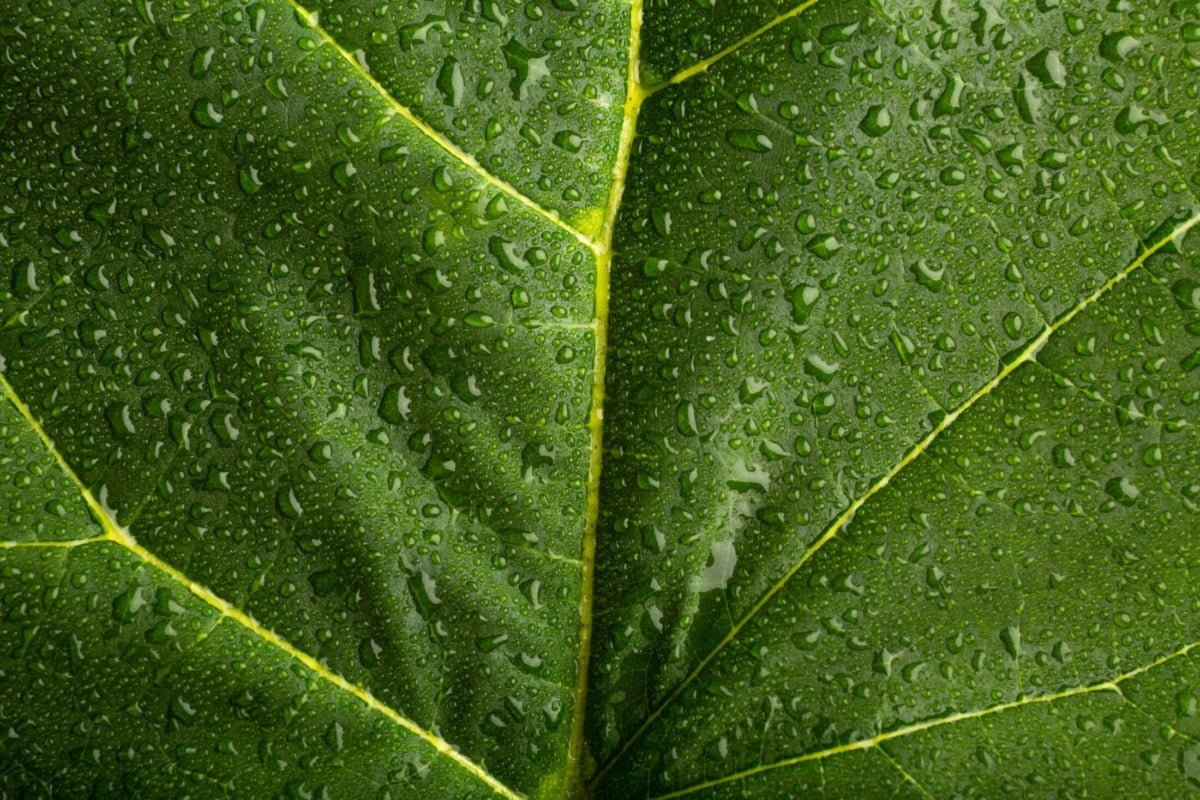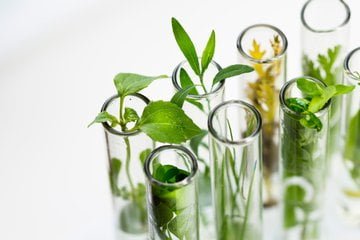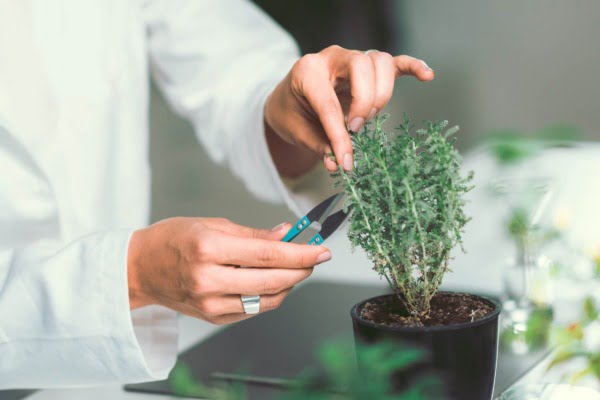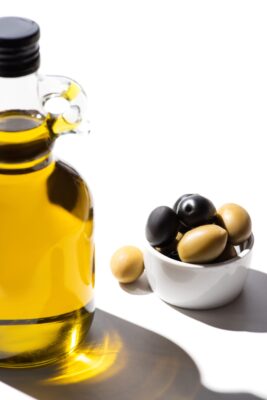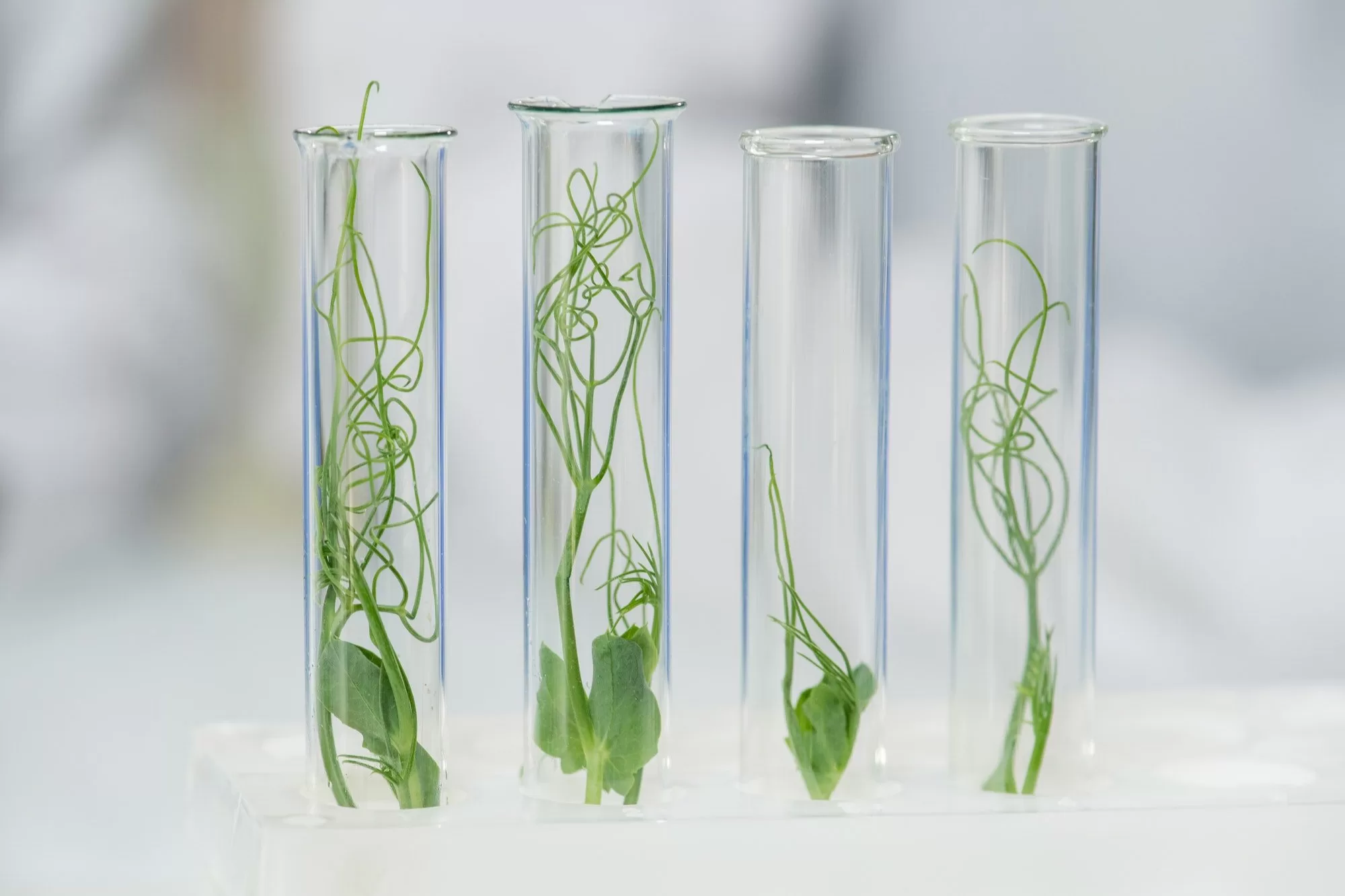At Made From Earth, we believe in the power of nature to heal and rejuvenate.
- Farm-Sourced Purity: We meticulously source our ingredients directly from trusted farms, prioritizing sustainable practices and peak seasonal harvests.
- The Art of Fresh Ingredients: Our small-batch, made-to-order approach guarantees that our skincare is crafted with ingredients at their peak potency, free from unnecessary preservatives and fillers.
- Transparency and Traceability: Labeled with a unique batch numbers providing complete transparency and allowing trace of skincare from farm to formula.
We are a forward-looking company that is committed to educating consumers about healthy ingredients & transparent labeling.
Our product line includes face treatments, body lotions, hair care, bath products, and lip balms—all crafted with the highest levels of organic ingredients and fruits. Each ingredient meets our stringent earth-friendly standards and is hand-selected for its superior skincare benefits. We prominently display complete ingredient lists on every product page, avoiding gimmicky phrases or deceptive marketing tactics. Our plant ingredients are sourced exclusively from organic farms, ensuring purity and potency.
We’re committed to sustainability in every aspect of our business, from sourcing ingredients with respect for the environment to using wind and solar power in our Oregon-based facility. We believe in a holistic approach to skincare, drawing wisdom from naturopathy, integrative dermatology, and traditions like Ayurveda to create products that nourish your skin and promote overall well-being. To ensure the freshness and potency of our products, we craft them in small batches every three months. This allows us to maintain the highest quality and deliver the best possible results for your skin.
LOur manufacturing facility is Good Manufacturing Practices (cGMP) certified, which includes required testing to ensure our products are manufactured according to the highest quality standards.
We are proud to be 100% sourced and manufactured in the USA, with FDA adherence to rigorous quality control standards. We practice sustainable harvesting and small-batch production every three months to ensure the maximum potency of our natural ingredients.
CRUELTY-FREE COMMITMENT
Made from Earth staunchly opposes animal testing. We exclusively use cruelty-free ingredients and refuse to engage with any partners or suppliers involved in animal testing. We actively support legislative initiatives in Washington D.C. aimed at removing harmful ingredients from skincare products. We collaborate with over 50 endorsing campaigns and thousands of grassroots supporters to advocate for truth in labeling and cruelty-free practices across the industry.
Clinical Laboratory Testing Requirements
- Purity Testing: Checking parameters like temperature, mixing time, and pH during manufacturing to ensure consistency and product quality. Ensuring raw materials are effective through chromatography.
- Microbiological Testing: Testing samples during production to ensure no contamination occurs. A second test is completed verifying that raw materials are free from harmful microbes.
- Physicochemical Testing: Assessing pH, viscosity, and specific gravity that impact product formulation and stability.
- Stability Testing: Assessing product quality and safety change over time under various storage conditions.
- Preservative Efficacy Testing: Determining the product’s preservatives prevents microbial growth over its shelf life.
- Safety Testing (New Product Development): Dermatological testing/patch testing to evaluate potential skin irritation or allergic reactions.



